Maybe the problem isn’t that scholars don’t know how to speak to U.S. foreign-policy makers, but rather that U.S foreign-policy makers don’t know how to engage with scholarship?
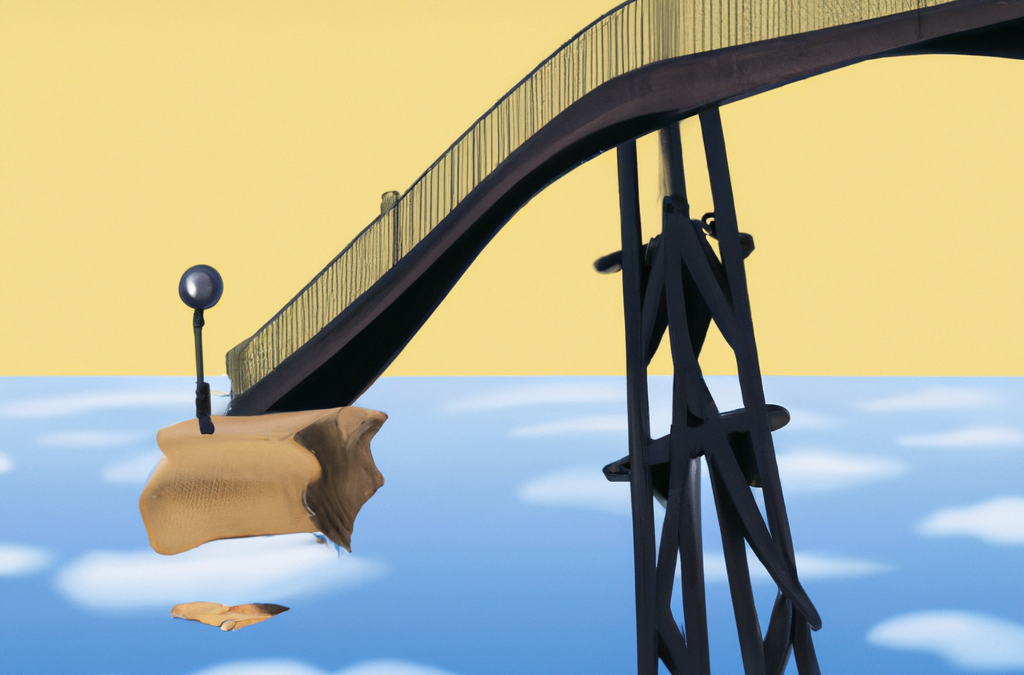

Maybe the problem isn’t that scholars don’t know how to speak to U.S. foreign-policy makers, but rather that U.S foreign-policy makers don’t know how to engage with scholarship?
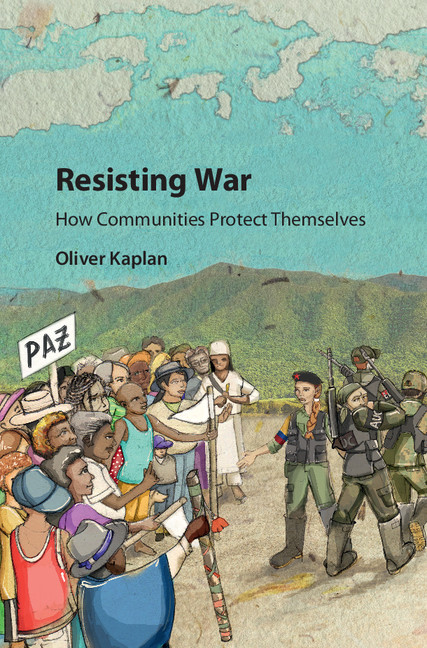
What happens when a research subject becomes a research and briefing partner? In 2017, I was contacted by the peacebuilding NGO Peace Direct to contribute to a policy report on...
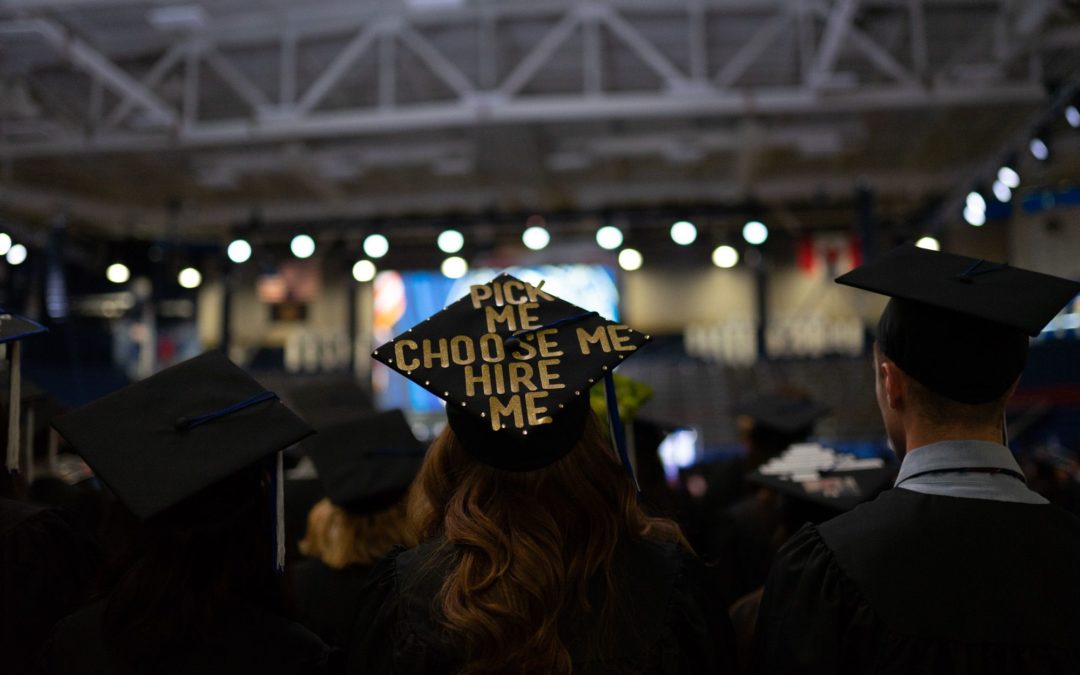
I hold a PhD in history from the University of Virginia. Like many graduate students, I began my doctoral program hoping to become a professor. When I decided to pursue a different career, my university didn’t know how to advise me. Here’s what I learned about finding a non-academic job.
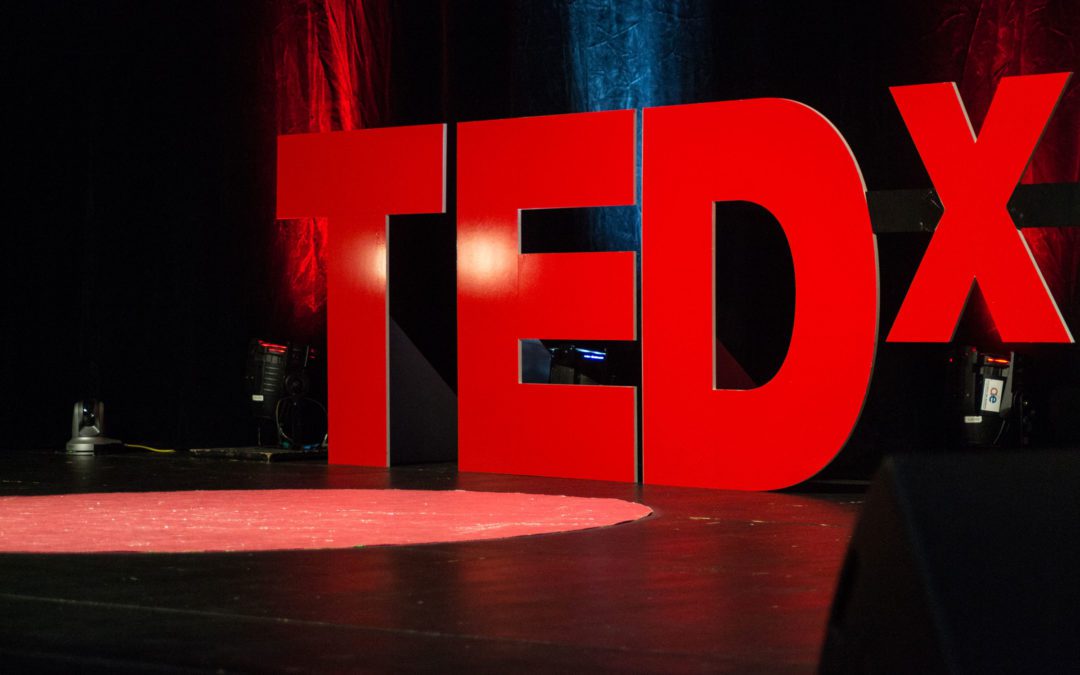
Paul Musgrave concludes the “Lab Leaks” symposium by engaging with his interlocutors and reflecting on the challenges faced by political science in an era of public-facing scholarship.

Hilary Matfess is a PhD candidate at Yale University, an incoming professor at the University of Denver’s Korbel School, and a 2020-2021 United States Institute for Peace (USIP) Peace Scholar Fellow. She will participate in the Bridging the Gap NEW Era workshop in 2021. Her work has been published in International Security, Security Studies, Stability, Studies in Conflict and Terrorism, and African Studies Review. Her first book, Women and the War on Boko Haram, was published in 2017 with Zed Publishers. Relevant to this article, she has also completed several marathons and looks forward to...
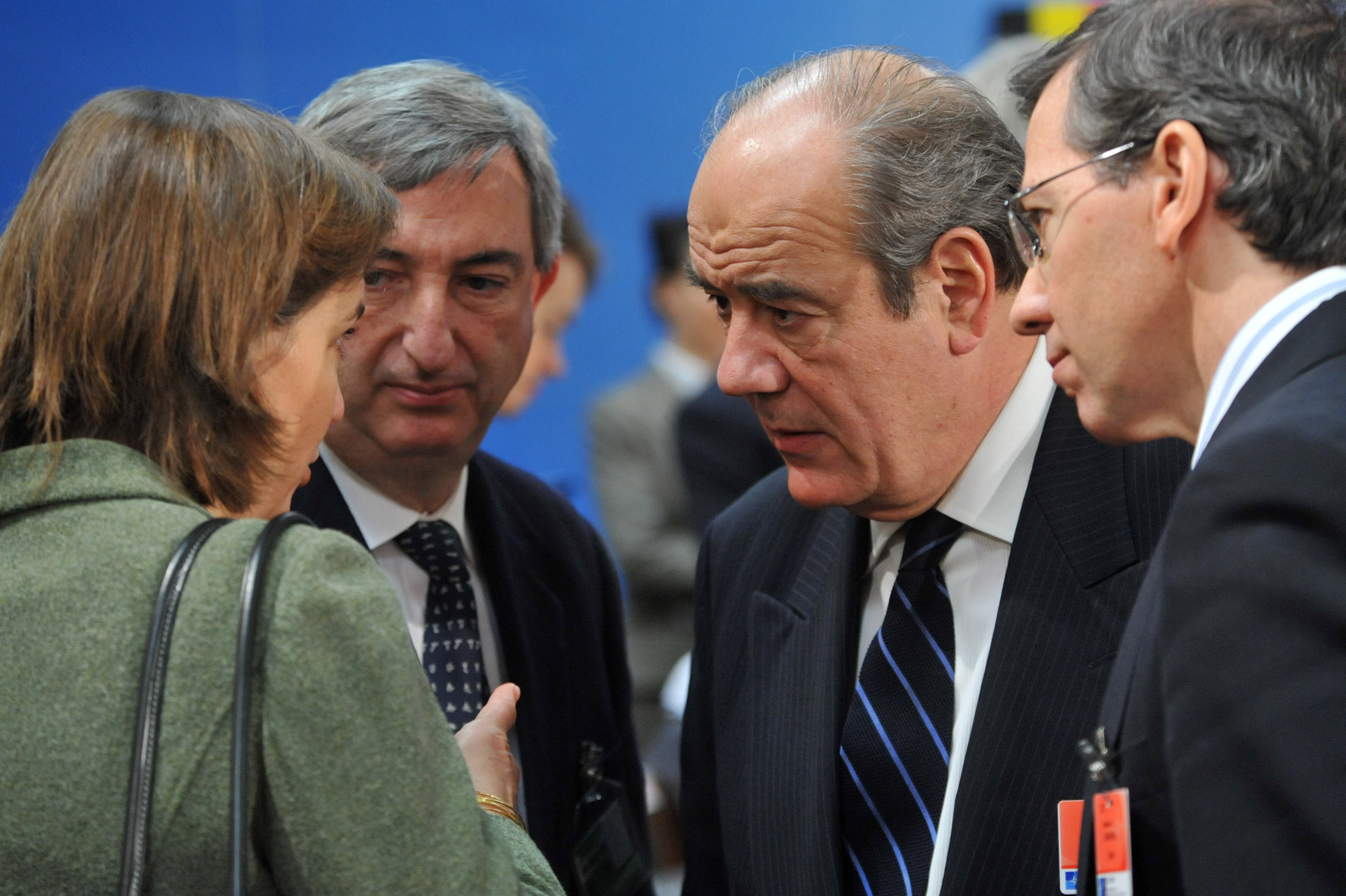
This post was written by Simone Dietrich, Heidi Hardt and Haley J. Swedlund. Simone Dietrich is Associate Professor at the Department of Political Science and International Relations at the University of Geneva. Heidi Hardt is Associate Professor at the Department of Political Science at the University of California, Irvine; a member of the 2015 International Policy Summer Institute cohort, and a 2021 Council on Foreign Relations International Affairs Fellow. Haley Swedlund is Assistant Professor at the Department of Political Science at Radboud University and a member of the...
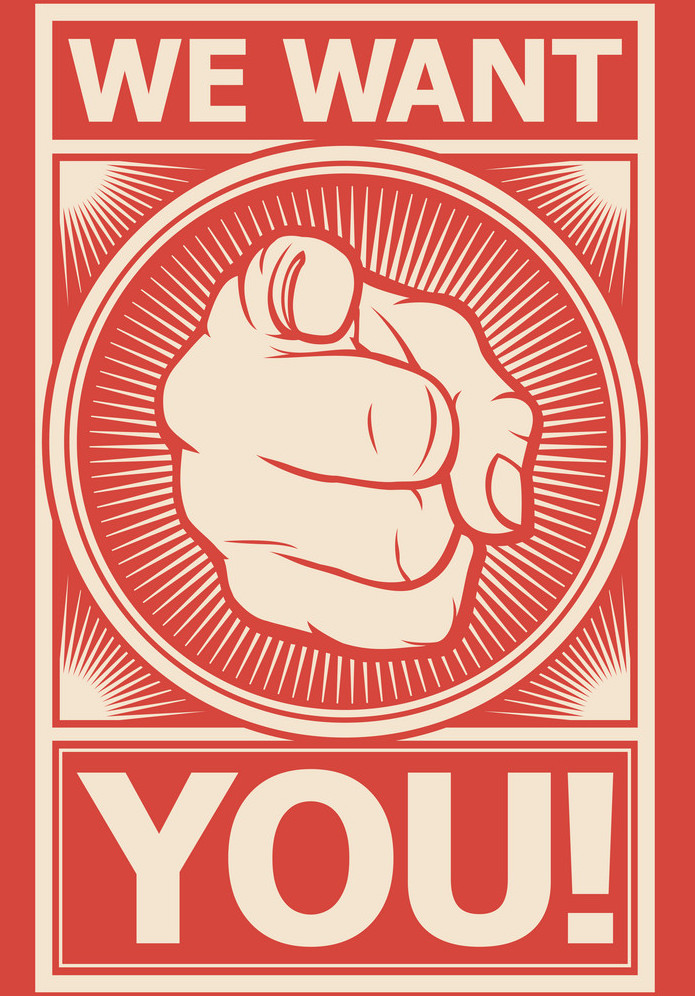
This post from our partners at Bridging the Gap is written by BTG Fellows Danielle Gilbert and Erik Lin-Greenberg, who are now the new editors of the BTG Duck channel, coordinating contributions from BTG’s network of scholars. The past twelve months have been fraught with challenges, yet they have also given rise to a host of new opportunities. We’ve faced a global pandemic, a contentious U.S. election, social and racial injustice, and assaults on democracy around the world. These experiences have led scholars to ask tough questions, have difficult—but critically important—conversations, and...

Photo courtesy of the Negative Psychologist. When sharing unpopular findings, what obligations (if any) do scholars have when policymakers do not care to hear the message? This is a guest post by Tricia Olsen, associate professor of business ethics and legal studies at the Daniels College of Business and Josef Korbel School of International Studies at the University of Denver. It is part of an occasional series discussing the ethical dilemmas that arise when academics engage with policymakers and the broader public. This series is part of the Rigor, Relevance, and Responsibility...
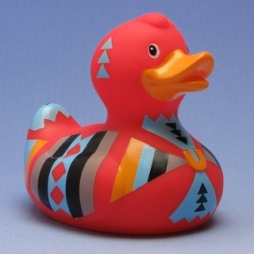
Photo courtesy of the Guardian UK. When engaging with policy audiences and organizations, how can one be truthful when telling the whole truth may be counterproductive? This post is part of an occasional series discussing the ethical dilemmas that arise when academics engage with policymakers and the broader public. This series is part of the Rigor, Relevance, and Responsibility project of the Sié Chéou-Kang Center for International Security & Diplomacy, which seeks to make ethical considerations an integral part of policy-relevant research and engagement. The program develops knowledge...
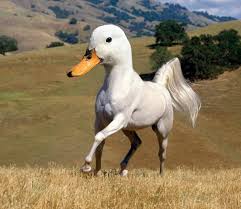
This post was written by Marie Berry and Milli Lake, co-founders and principal investigators of the Women’s Rights After War Project. Dr. Berry is Associate Professor at the Josef Korbel School of International Studies at the University of Denver and a member of Bridging the Gap's current International Policy Summer Institute cohort. Dr. Lake is Associate Professor in the International Relations Department at the London School of Economics and a co-founder of the Advancing Research on Conflict Consortium. What happens when research findings challenge the work that policy makers are invested...

This post is written by Bridging the Gap Fellow Dr. Danielle Gilbert, Assistant Professor of Military & Strategic Studies at the U.S. Air Force Academy. The views expressed in this article are the author’s and do not represent the U.S. Air Force Academy, the Department of the Air Force, or the Department of Defense. The author would like to thank the brilliant women of her yes and no committees for their time, feedback, permission, and encouragement to write this—you know who you are. Six women approved the writing of this post: my “yes committee,” my “no committee,” and the...
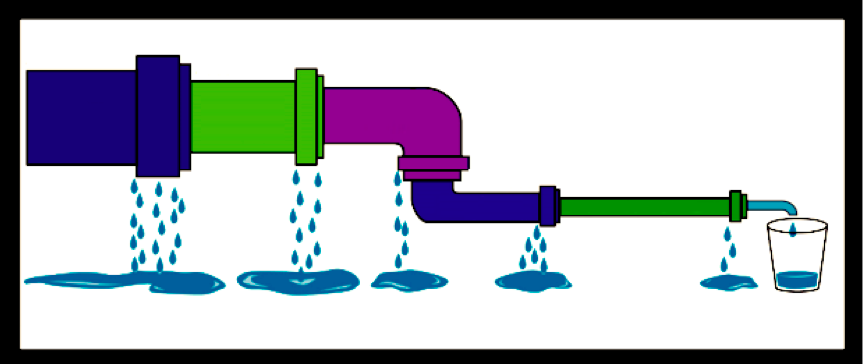
This piece is written by Bridging the Gap co-Director Naazneen H. Barma, Director of the Scrivner Institute of Public Policy, Scrivner Chair, and Associate Professor at the Josef Korbel School of International Studies at the University of Denver. It was commissioned as part of the "Represent" series on diversity, inclusion and representation in the national security sphere, an initiative of Defense 360 of the Center for Strategic and International Studies. Defense 360 and the Duck of Minerva agreed to cross-post the piece in order to ensure wide reach to both academic and...